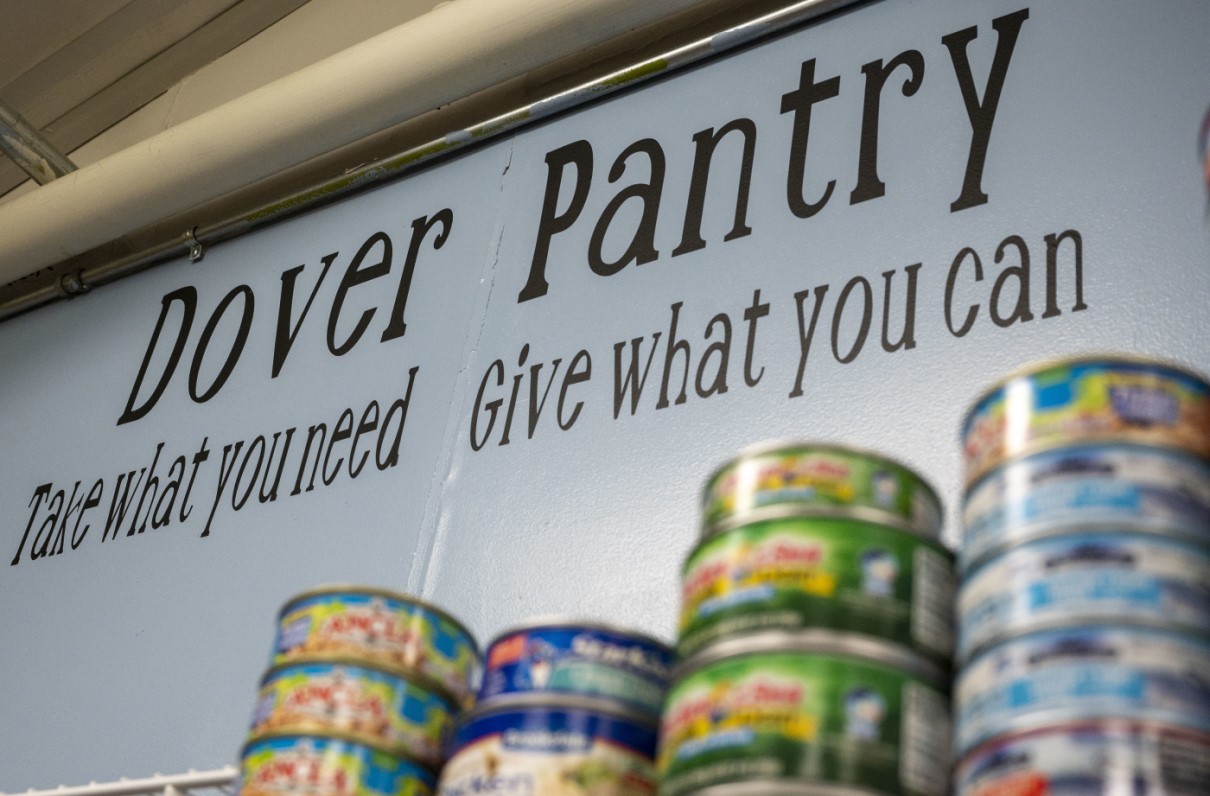A Senate bill would fix gaping holes in DoD plans to address food insecurity in the ranks, making sure more struggling military families can access the help they need.
The Military Family Nutrition Access Act (S. 3781) would remove the military’s Basic Allowance for Housing (BAH) from eligibility calculations for the Supplemental Nutrition Assistance Program – formerly known as food stamps. Other federal housing subsidies, such as housing choice vouchers, are not considered income when applying for SNAP benefits, and the military housing allowance should be treated no differently.
[TAKE ACTION: Ask Your Senators to Support the Military Family Nutrition Access Act]
Passage of the Senate bill, introduced by Sen. Tammy Duckworth (D-Ill.) and 12 others, would address a major issue facing many military families, particularly junior enlisted. In July, a DoD report revealed 24% of active duty servicemembers faced food insecurity in 2020, with 14% reporting low food security and 10% very low food security as defined by Agriculture Department parameters.
Last year, your grassroots efforts during MOAA’s Advocacy in Action campaign helped elevate the issue of food insecurity and resulted in the establishment of the Basic Needs Allowance (BNA). The allowance addresses SNAP’s inclusion of BAH as part of gross income, which renders most military families ineligible. With continued high rates of unemployment among military spouses, these families are struggling to feed their families on one income.
In January 2023, the BNA will provide financial support to military families whose gross household income falls below 130% of the federal poverty threshold based on household size. However, the provision in the FY 2022 National Defense Authorization Act (NDAA) establishing the allowance left the inclusion of BAH in the eligibility calculation to the discretion of service secretaries. If BAH is included in the calculation, many junior enlisted families will not be eligible for this much-needed support.
[TAKE ACTION: Ask Lawmakers to Support the Military Spouse Hiring Act]
Each chamber’s version of the FY 2023 NDAA includes a provision related to this issue:
- House (passed July 14): Excludes BAH from BNA eligibility calculation
- Senate (draft): Raises the federal poverty threshold from 130% to 150%
If the House provision is not adopted, BNA will likely mimic its predecessor, the Family Supplemental Subsistence Allowance (FSSA), which was good on paper and poor in execution. FSSA was designed to supplement a military member’s income above the level that qualifies them for SNAP. But eligibility issues, compounded by lack of awareness of the program, led to an ineffective support that was terminated for servicemembers stationed in the continental U.S., Puerto Rico, the U.S. Virgin Islands, or Guam in September 2016.
The Military Family Nutrition Access Act will ensure junior enlisted families have access to support through SNAP if they are ineligible for BNA. Contact your senators today and urge them to support this legislation – either as a standalone measure or as part of the upcoming farm bill – to ensure no military family faces food insecurity.

